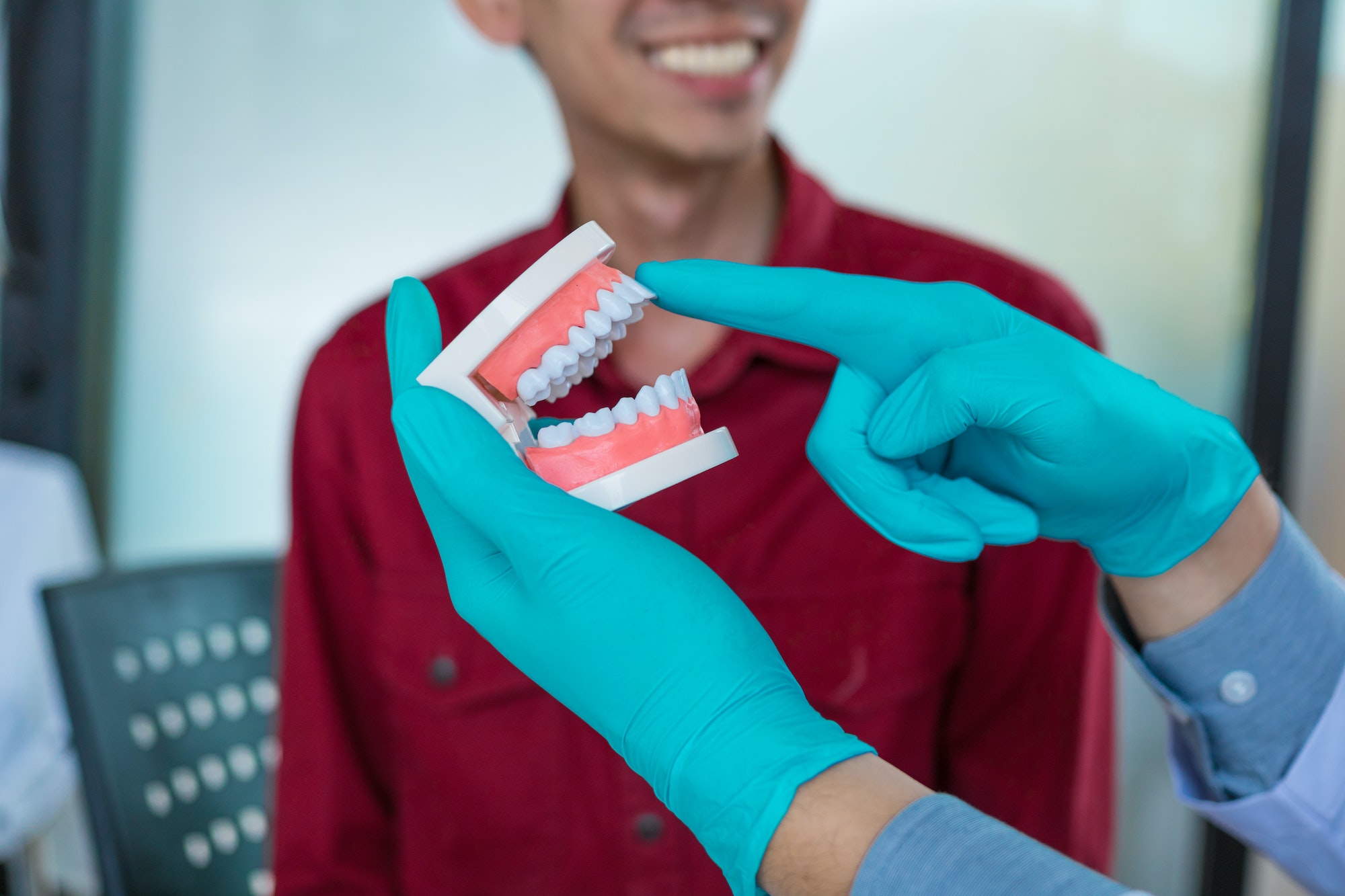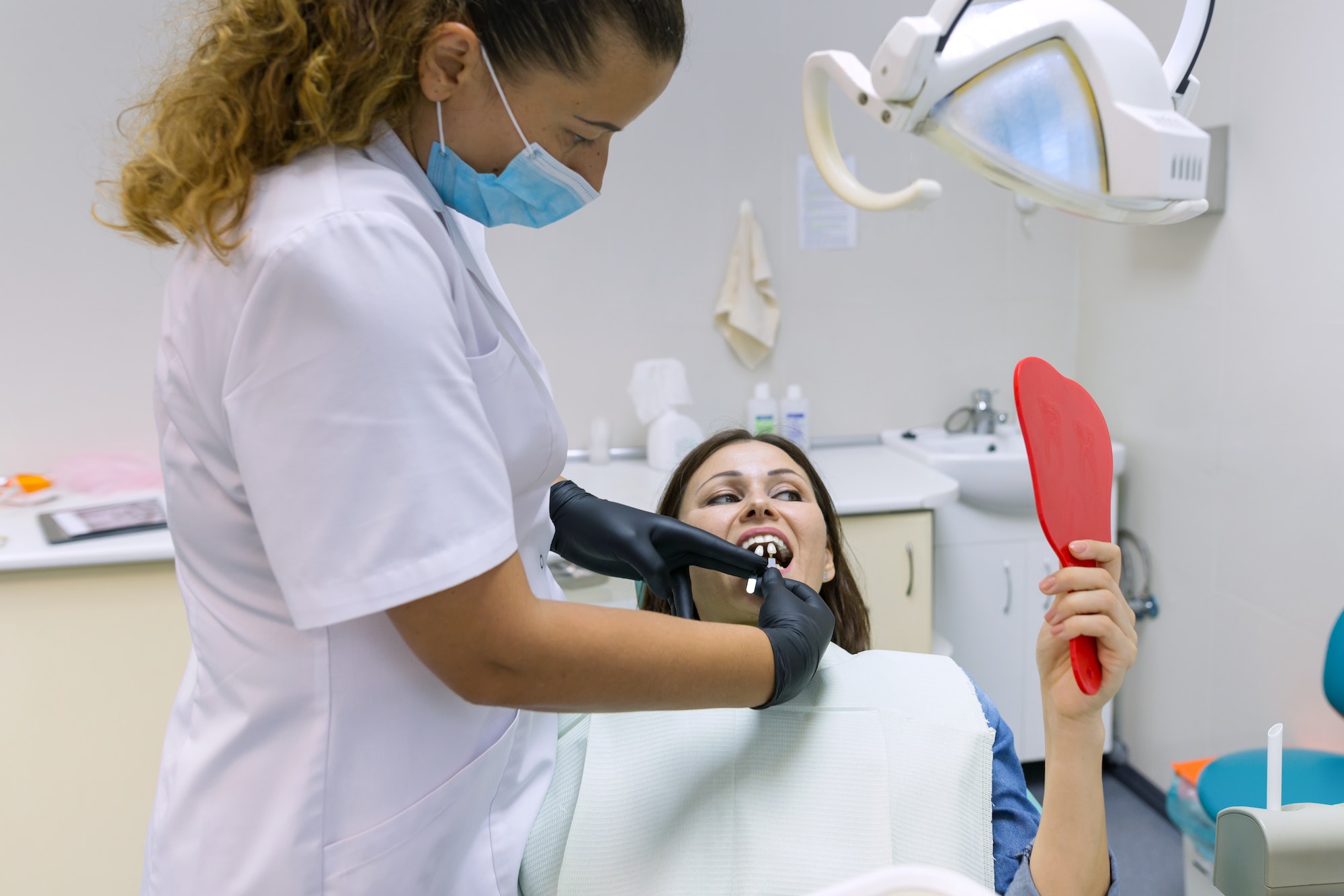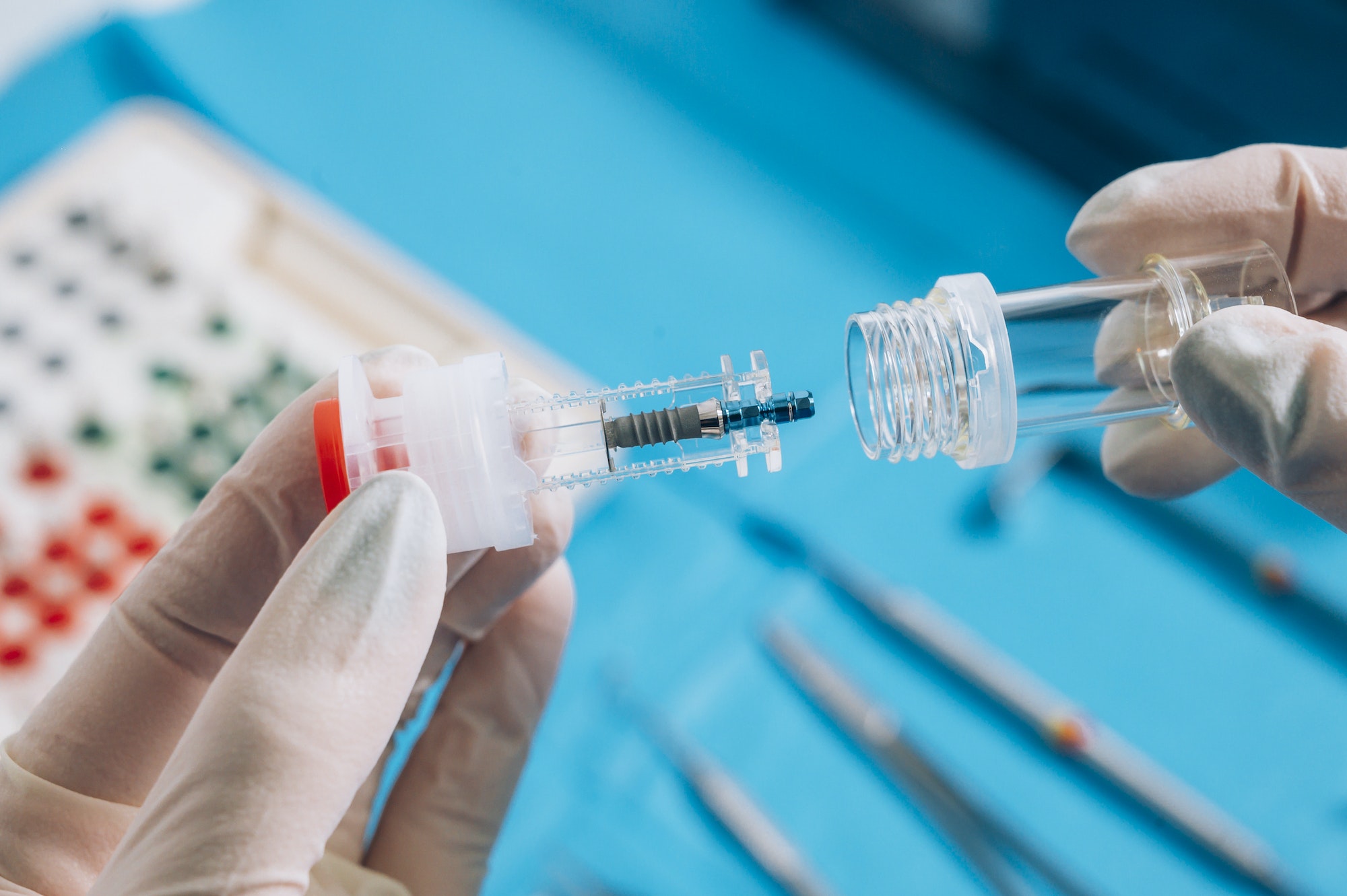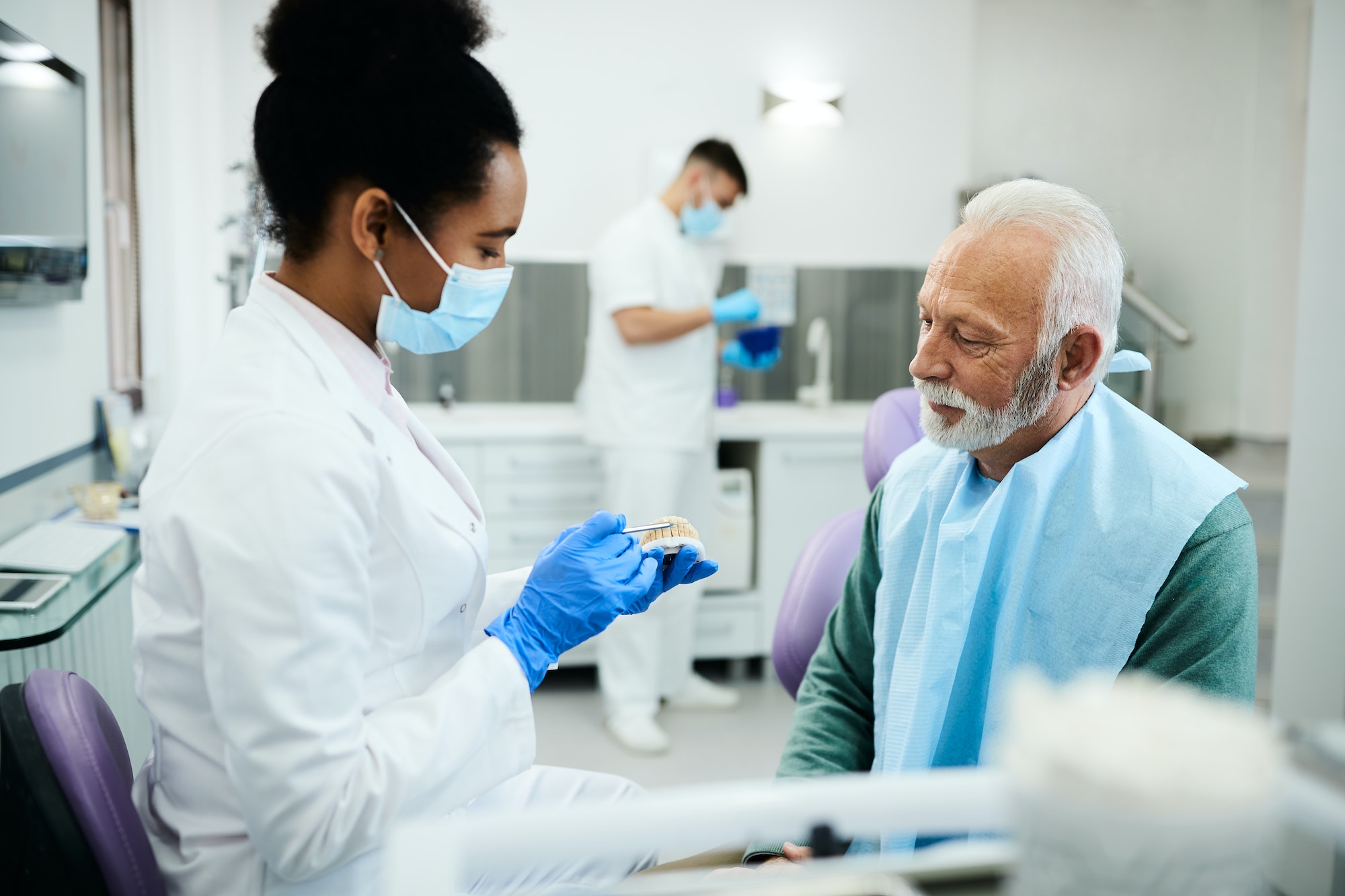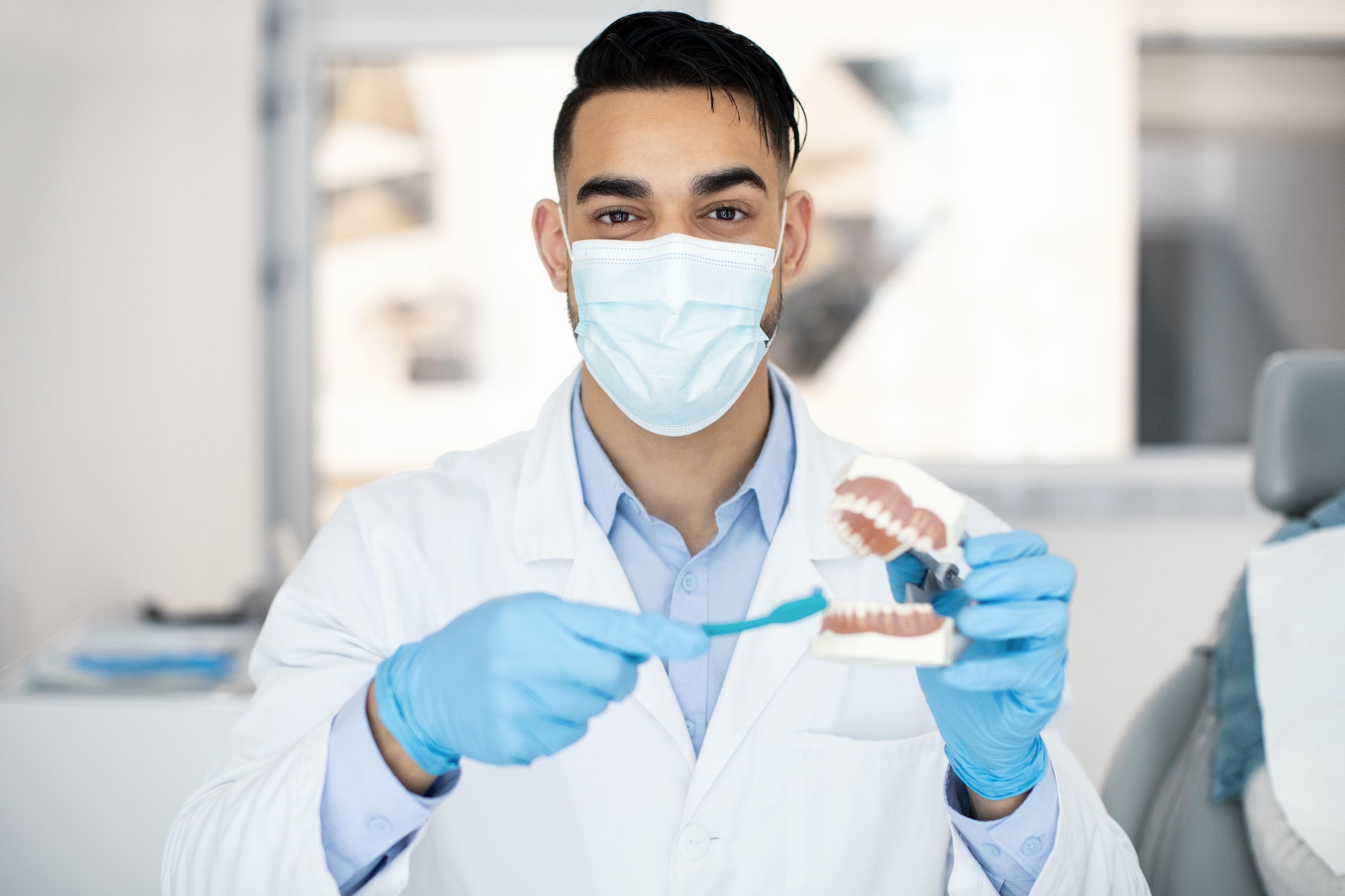Did you know that the concept of re-growing bones isn’t just a scene from Harry Potter and the Chamber of Secrets? It’s actually possible! While an oral surgeon may not be able to give you a new arm simply by having you drink a foul tasting magic potion called “Skele-Gro,” they can use state-of-the-art technology to facilitate bone regeneration in your jaw, allowing your missing teeth to be replaced with dental implants and giving you an attractive, healthy smile once again.
If you have missing teeth, the jawbone in the area can lose its strength and mass over a period of time, creating a difficult situation if you decide to have your teeth replaced by dental implants. However, thanks to modern technology, oral surgeons are actually able to re-grow bone in your jaw where it is needed, allowing them to insert dental implants and restore the functionality and aesthetic appearance of your mouth in the process.
So how does bone regeneration work?
Most techniques for bone regeneration include opening the gum tissues to expose the bone and adding grafting materials to the existing or remaining jawbone. Healing of this grafted material can be improved by using “guided bone regeneration membranes,” which act like little band-aids, along with other molecules already in your body that also promote healing. The bone graft material is usually taken either from another area of your jaw, another person, an animal, or another synthetic or man-made substance. Most of these materials simply work as a cast for bone regeneration and allow your body to replace the graft material with its own bone over time.
Am I a candidate for bone regeneration?
If you are considering dental implants but have been told your jaw is not stable enough for implant placement, consider talking to your oral surgeon about the possibility of bone regeneration. While it may sound complicated and unusual, it is actually a routine procedure for oral surgeons, and they will gladly educate you on all the benefits, risks, and alternatives to bone regeneration.



